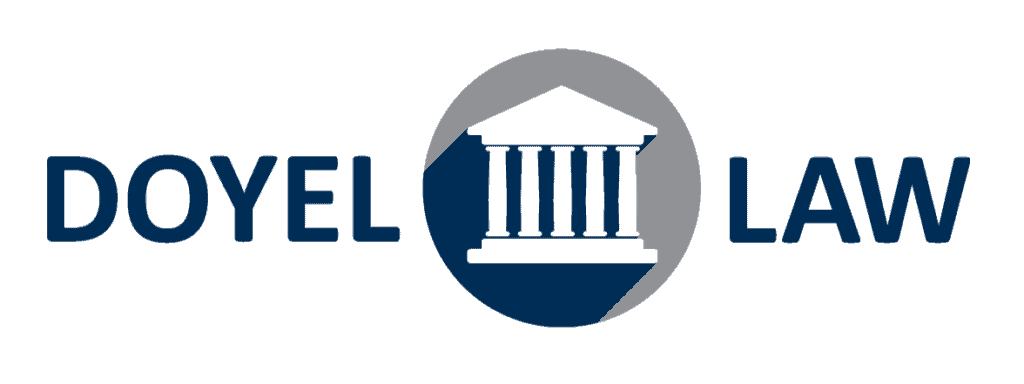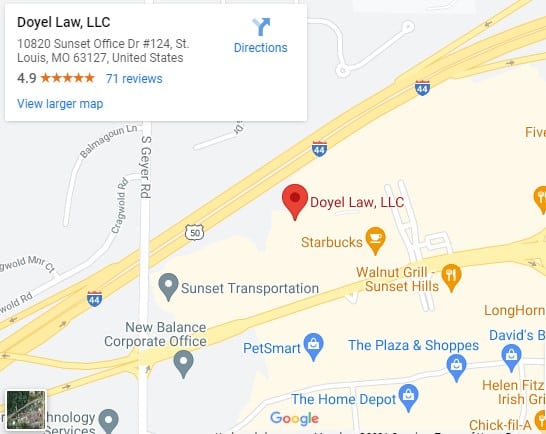COVID-19 Bankruptcy Relief
For some, bankruptcy acts as a fresh start. Filers can discharge their existing debts, get on a repayment plan, and re-organize their finances going forward. But bankruptcy doesn’t offer this kind of relief to everyone who files for it. Evidence shows that racial inequalities exist in consumer bankruptcies, leaving African American filers in worse debt situations than White filers.
Types of Bankruptcy Relief
The two most common types of bankruptcy for individuals are Chapter 7 and Chapter 13, with Chapter 7 being much more popular. Chapter 7 filers must give up all their large assets and pay attorney’s fees upfront, but most debtors complete their case and eliminate all debt in about four months. Chapter 13, on the other hand, protects significant assets like houses, cars, or retirement accounts. It also allows for catching up missed house payments and can greatly improve the terms of an auto loan.
Chapter 13 More Common Among African American Bankruptcy Filers
African Americans overwhelmingly file for Chapter 13 bankruptcy over Chapter 7. There’s little data about why that is, but an article from Bloomberg Law dug into the issue, highlighting several theories put forward by bankruptcy researchers who used zip code data to analyze why African Americans don’t choose or cannot access Chapter 7 bankruptcy relief. One theory is that a Chapter 13 bankruptcy doesn’t require an upfront payment like a Chapter 7, or that families are trying to protect their assets.
COVID-19 Deepens the Disparities
Bankruptcy attorneys are worried that the bankruptcy code won’t meet the needs of consumers going through a pandemic. Joblessness has spiked, and businesses have closed at alarming rates since the start of the pandemic, especially among African American-owned businesses.
Bankruptcy attorney Michael E. Doyel was quoted in the Bloomberg article, providing insight on how COVID-19 has hit his African American clients harder. He and other attorneys worry that the bankruptcy code won’t provide the relief that many African American families need during this health crisis.
Evidence shows that racial disparities in bankruptcy relief already exist. Without reform, the pandemic will deepen these inequities, leaving some consumers without the debt relief they desperately need.



